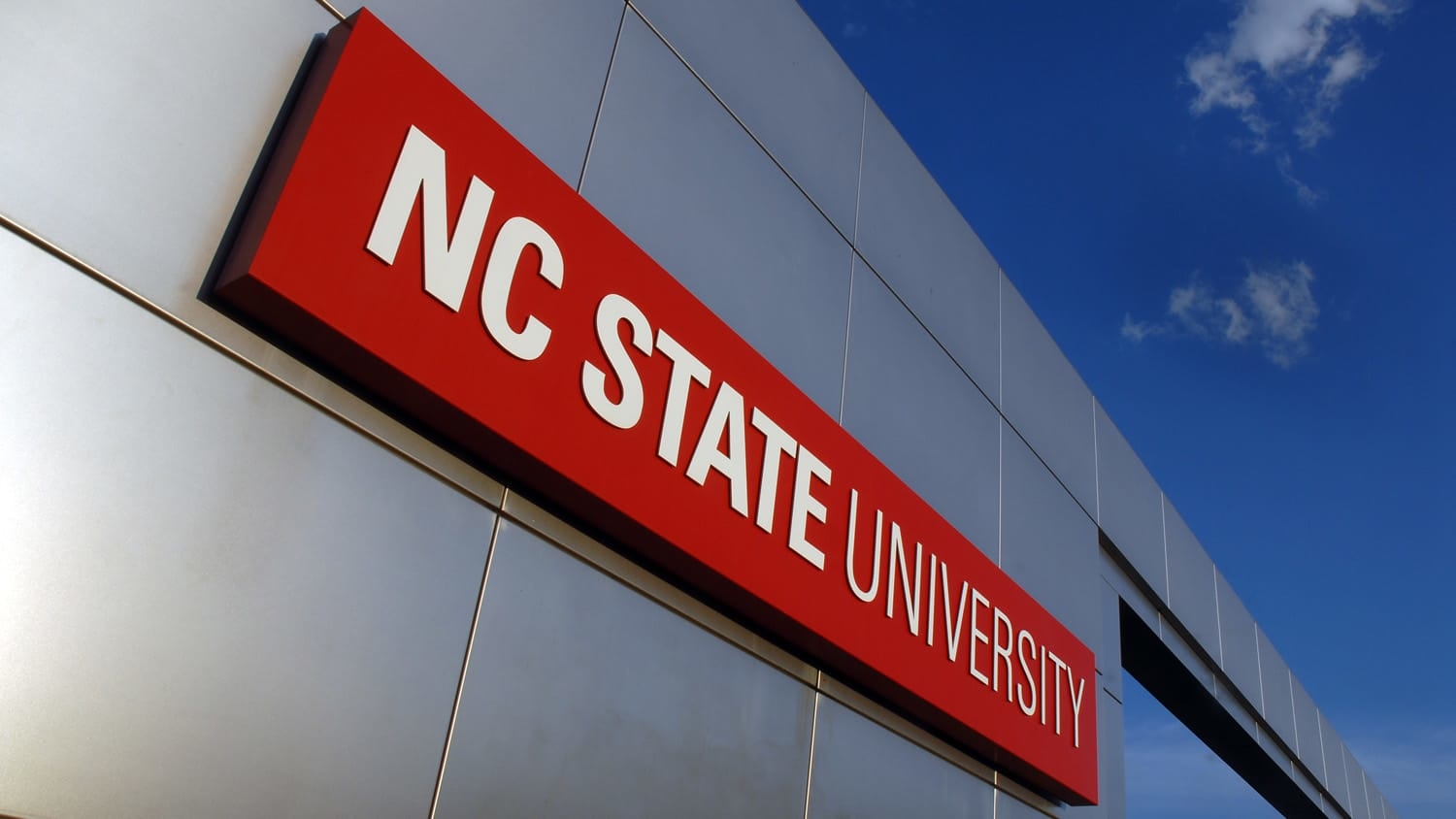Tumors Turn Gut ‘Brain Cells’ Into Tumor Growth Promoters

Research from North Carolina State University and the French National Institute of Health and Medical Research INSERM has found that when enteric glial cells are exposed to secretions from colon tumors, the glial cells convert into promoters of tumor growth. The work demonstrates enteric glial cells’ importance in the tumor microenvironment and could lead to new targets for treatment of colon cancer.
The enteric nervous system functions as the gut’s “brain,” or local nervous system. Neurons and enteric glial cells (EGCs) in the enteric nervous system work together to regulate important intestinal functions like peristalsis and help control the function of the epithelium, or intestinal lining.
When a cancerous tumor grows within the intestine, it creates a tumor microenvironment composed of resident or recruited cells such as the surrounding ECGs, neurons, blood vessels, immune cells, and various signaling molecules. The tumor and the surrounding microenvironment interact constantly.
“Only a fraction of cancer cells – known as colon cancer stem cells, or CSCs – is thought to be able to create tumors,” says Laurianne Van Landeghem, assistant professor of neurogastroenterology at NC State and corresponding author of a paper describing the work. “CSCs are constantly exposed to regulatory cues in the form of molecules secreted by neighboring cells in the tumor microenvironment. EGCs are an important part of the tumor microenvironment, but no one had studied whether these cells affect the CSCs’ ability to create new tumors.”
Van Landeghem and an international team of researchers that included Ph.D. student Simon Valès from the University of Nantes, France, looked at tumors from colon cancer patients in both the U.S. and France. “We isolated CSCs from the tumors and grew them in presence or absence of glial cells to see if the EGCs’ secretions affected tumor initiation and growth,” Van Landeghem says.
When the team exposed CSCs to secretions of EGCs that were grown alone and independently from the tumor, there wasn’t a discernable increase in tumor growth. However, when the team grew EGCs in the same medium in which they had grown tumor cells and then exposed those secretions to CSCs, tumors formed more quickly and were bigger.
“In the tumor microenvironment, the cancer cells secrete a molecule known as IL-1, which, if taken up by nearby EGCs, can change them,” Van Landeghem says. “Those changed glia in turn secrete a molecule known as PGE2, which stimulates the CSCs and causes tumor initiation and faster tumor growth. Both of these molecules are well described, but we didn’t know they were involved in the communication between the tumor and glial cells until now.
“The tumor is essentially remodeling the nearby glia with the aim of making itself thrive. We have identified the molecules responsible for this remodeling and EGCs’ pro-tumor initiation impact. Hopefully this work can lead to better understanding of the role EGCs play in colon cancer and perhaps help us identify new targets for cancer therapies.”
The work appears in EBioMedicine and was supported by grants from the French National Cancer Institute, La Ligue contre le Cancer, the ‘Région des Pays de la Loire’, and the UNC Lineberger Comprehensive Cancer Care Center. Simon Vales, from Nantes University, France, is first author. These studies were a collaborative work between the Van Landeghem Lab at NC State and the INSERM groups 1235 and 1232 (Nantes, France), the Cancéropôle Grand Ouest (Nantes, France) as well as clinicians from Nantes Hospital and Jules Verne Clinic (Nantes, France).
-peake-
Note to editors: An abstract follows.
“Tumor Cells Hijack Enteric Glia to Activate Colon Cancer Stem Cells and Stimulate Tumorigenesis”
DOI: 10.1016/j.ebiom.2019.09.045
Authors: Simon Valès, Nantes University, INSERM 1235, France; Laurianne
Van Landeghem, North Carolina State University, et al.
Published: Oct. 28, 2019 in EBioMedicine
Abstract:
Background: Colon cancer stem cells (CSCs), considered responsible for tumor initiation and cancer relapse, are constantly exposed to regulatory cues emanating from neighboring cells present in the tumor microenvironment. Among these cells are enteric glial cells (EGCs) that are potent regulators of the epithelium functions in a healthy intestine. However, whether EGCs impact CSC-driven tumorigenesis remains unknown.
Methods: Impact of human EGC primary cultures or a non-transformed EGC line on CSCs isolated from human primary colon adenocarcinomas or colon cancer cell lines with different p53, MMR system and stemness status was determined using murine xenograft models and 3D co-culture systems. Supernatants of patient-matched human primary colon adenocarcinomas and non-adjacent healthy mucosa were used to mimic tumor versus healthy mucosa secretomes and compare their effects on EGCs.
Findings: Our data show that EGCs stimulate CSC expansion and ability to give rise to tumors via paracrine signaling. Importantly, only EGCs that were pre-activated by tumor epithelial cell-derived soluble factors increased CSC tumorigenicity. Pharmacological inhibition of PGE2 biosynthesis in EGCs or IL-1 knockdown in tumor epithelial cells prevented EGC acquisition of a pro-tumorigenic phenotype. Inhibition of PGE2 receptor EP4 and EGFR in CSCs inhibited the effects of tumor-activated EGCs.
Interpretation: Altogether, our results show that EGCs, once activated by the tumor, acquire a pro-tumorigenic phenotype and stimulate CSC-driven tumorigenesis via a PGE2/EP4/EGFR-dependent pathway.


